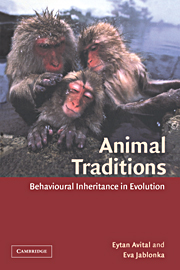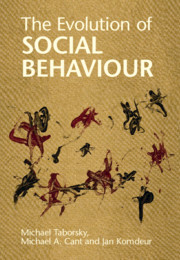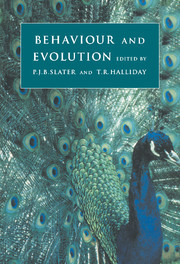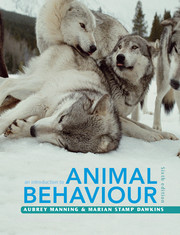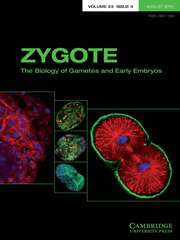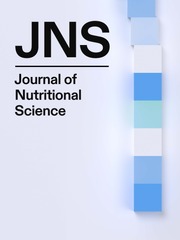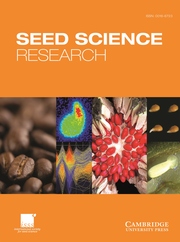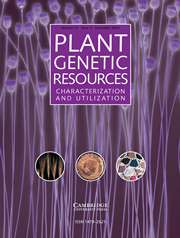Animal Traditions
Animal Traditions maintains that the assumption that the selection of genes supplies both a sufficient explanation of the evolution and a true description of its course is, despite its almost universal acclaim, wrong. Eytan Avital and Eva Jablonka contend that evolutionary explanations must take into account the well-established fact that in mammals and birds, the transfer of learnt information is both ubiquitous and indispensable. The introduction of the behavioural inheritance system into the Darwinian explanatory scheme enables the authors to offer new interpretations for common behaviours such as maternal behaviours, behavioural conflicts within families, adoption and helping. This approach offers a richer view of heredity and evolution, integrates developmental and evolutionary processes, suggests new lines for research, and provides a constructive alternative to both the selfish gene and meme views of the world. It will make stimulating reading for all those interested in evolutionary biology, sociobiology, behavioural ecology and psychology.
- Suggests a constructive alternative to the gene-centred view of evolution, and the 'meme'-centred version
- Argues that learnt behaviours and traditions are the major 'engines' in the evolution of birds and mammals
- Provides original and testable ideas about the evolution of behaviour in readable and informative format
Reviews & endorsements
'This is a timely and thorough account of a neglected field, and will provide fascination and interest to any biologist whose horizons extend beyond the merely molecular.' Dennis Cotton, Biologist
'… this well-written book is certain to fuel an interesting debate in evolutionary science.' Choice
Product details
November 2005Paperback
9780521022118
448 pages
230 × 154 × 30 mm
0.687kg
Available
Table of Contents
- Preface
- 1. New rules for old games
- 2. What is pulling the strings of behaviour?
- 3. Learning and the behavioural inheritance system
- 4. Parental care - the highroad to family traditions
- 5. Achieving harmony between mates - the learning route
- 6. Parents and offspring - too much conflict?
- 7. Alloparental care - an additional channel of information transfer
- 8. The origins and persistence of group legacies
- 9. Darwin meets Lamarck - the co-evolution of genes and learning
- 10. The free phenotype
- References
- Species index
- Subject index.

